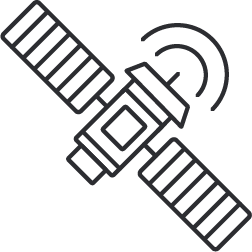Tech Sectors
The Commission is focused on technologies that are critical to American and allied national security and foreign policy, and advocates for a global tech agenda that reflects freedom, democracy, and human rights.
Objectives
Co-Chairs
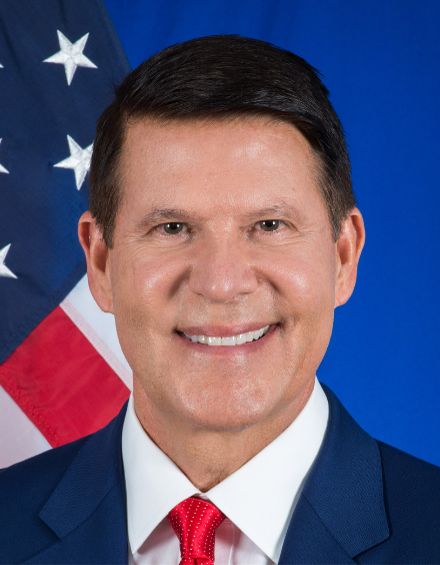
The key to securing freedom for the next generation is securing technology. Tomorrow’s tech must be trusted tech developed and protected by a Global Trust Network of like-minded countries, companies, and individuals who respect the rule of law, human rights, labor practices, national sovereignty, and the environment.
View Detail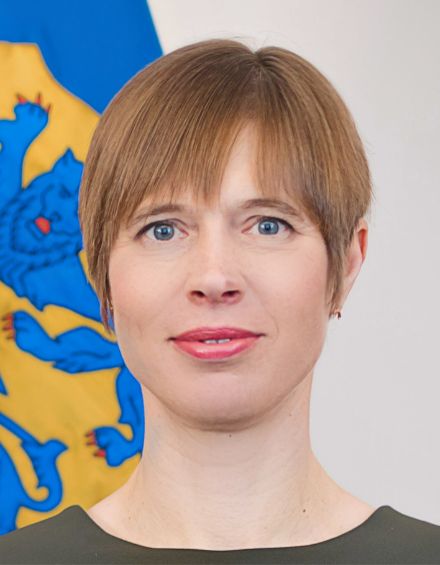
We will win. But for us to safely mine the technology pool created by the great minds of our private sector companies, we have to have standards, agreements. Nobody must be able to blow up what we trust in technology, and for that indeed we need the Global Tech Security Commission.
View DetailHonorary Co-Chairs
Read more
“The Global Tech Security Commission is an important effort to support our national defense and secure American prosperity against our great power competitors in the tech domain,” said Senator Ernst. “The Commission’s work will provide a roadmap for America’s present-day and next-generation workforce to develop, employ, and secure critical technologies.”
View Detail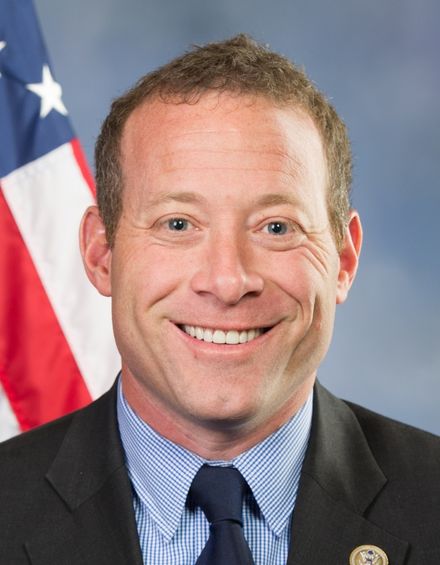
“As the United States incentivizes investments in emerging technologies, we must ensure that our advances are not undermined by domestic threats or anti-democratic, authoritarian regimes like those in China, Russia, and Iran. These foreign adversaries have made it clear that they are willing to leverage technology to breach United States institutions, steal intellectual property, collect data on American citizens, and access the systems that control our critical infrastructure…”
View Detail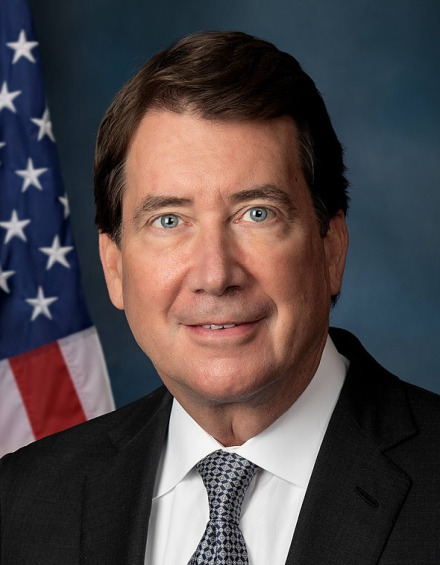
“The Chinese Communist Party and other authoritarian regimes are leveraging critical and emerging technologies in order to challenge freedom and security around the world. The 21st century will therefore largely be defined by how the United States and our partner nations respond to these grave and gathering threats. I commend the Global Tech Security Commission for developing a global strategy for technology security that meets these rising challenges…”
View Detail
“I am proud to be an honorary co-chair of the GTSC. I greatly appreciate the visionary leadership of my fellow former Under Secretary of State, Keith Krach, as the GTSC engages in the critical and urgent work of developing a global strategy for combating techno-authoritarianism and building ties of technological trust…”
View Detail
“Countering the Chinese Communist Party’s techno-authoritarianism by developing and harnessing advanced technology is one of the critical challenges of our time. I am proud to join the nonpartisan Global Tech Security Commission as an honorary co-chair to work to address this challenge…”
View Detail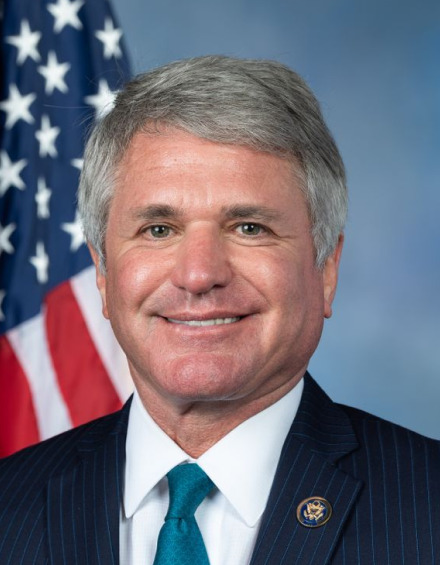
“Technology will determine whether America remains a leading superpower or is eclipsed by authoritarians, like the Chinese Communist Party. It is essential for the United States to lead in technology modernization in critical sectors and protect the know-how, manufacturing capability, and capital for these vital technologies from supporting our rivals…”
View Detail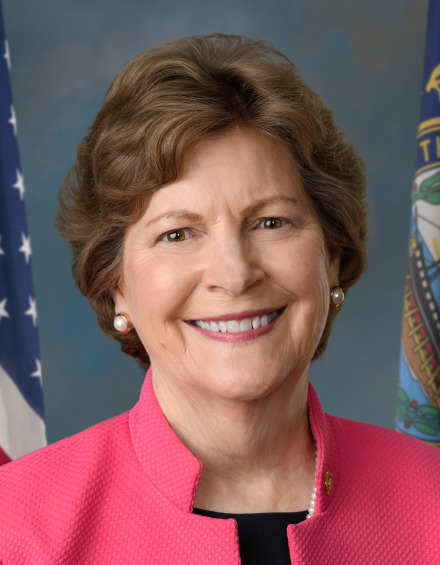
“I appreciate the opportunity to join lawmakers from both chambers and both sides of the aisle to serve as an honorary co-chair on the Global Tech Security Commission. As policymakers, our actions are guided by the most up to date and accurate information available, as we look to counter China’s escalating aggression against Taiwan and democracies worldwide, and its expansive influence in our global market…”
View Detail
“When focused on protecting civil rights, consumers, and democracy as a whole, advanced technologies like artificial intelligence and biomedical engineering can be used to solve some of the most daunting challenges humanity faces. It is critical that the United States work with our partners and allies to deploy these emerging technologies responsibly, secure our supply chains, and prepare our workforce. Failure to do so will pave the way for Chinese influence that could threaten human rights around the globe.”
View Detail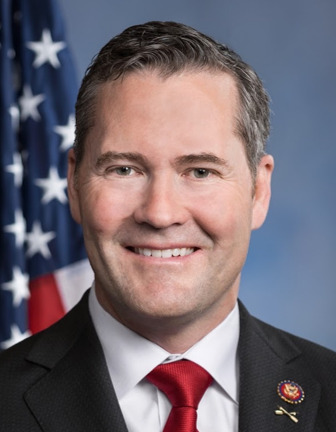
“It’s critical to our national security that we come together to develop solutions to counter the Chinese Communist Party’s technological rise. I’m thrilled to serve alongside fellow lawmakers on the Global Tech Security Commission to ensure we deliver recommendations that can be applied by both our government and allies around the world to ensure democracies maintain a technological edge and safeguards freedom over authoritarian adversaries.”
View Detail
“In the 21st century, a top challenge will be countering authoritarian and adversarial governments. It is crucial that we continue to build on American advancement in technology and security and I look forward to working with the Global Tech Security Commission to continue this important work.”
View Detail
“I’m honored to serve on the Global Tech Security Commission with my friend Keith Krach, my colleagues in Congress, and other national security leaders. I look forward to working with this Commission on a variety of issues critical to preserving America’s global leadership in science and technology. We have a national security imperative to ensure the United States doesn’t fall behind our adversaries in technological innovation.”
View DetailStaff

David Shullman
Senior Director, Global China Hub, Atlantic Council
David Shullman
Senior Director, Global China Hub, Atlantic Council
Dr. David O. Shullman is the senior director of the Global China Hub at the Atlantic Council, where he leads the council’s work on China. David has previously served as one of the US Government’s top experts on East Asia, most recently as Deputy National Intelligence Officer for East Asia on the National Intelligence Council (NIC). Prior to joining the NIC, David was a senior analyst at the Central Intelligence Agency. He has been a Senior Advisor at the International Republican Institute, an adjunct senior fellow with the Center for a New American Security, an adjunct professor at Georgetown University, and an advisor on China for the Biden campaign.

Colleen Cottle
Deputy Director, Global China Hub, Atlantic Council
Colleen Cottle
Deputy Director, Global China Hub, Atlantic Council
Colleen Cottle is the deputy director of the Global China Hub at the Atlantic Council, where she helps advance the Council’s work on China and manages many of the Hub’s daily operations. Prior to joining the Atlantic Council, Colleen spent over a dozen years at the Central Intelligence Agency serving in a variety of analytic and managerial roles covering East and South Asia. Before that, she worked as a research analyst at a small economic consultancy and received a Fulbright Student Grant to study environmental economics at the University of Bonn in Germany.

Matt Geraci
Assistant Director, Global China Hub, Atlantic Council
Matt Geraci
Assistant Director, Global China Hub, Atlantic Council
Matt Geraci is an assistant director of the Atlantic Council’s Global China Hub, where he helps research and devise allied solutions to the global challenges posed by China’s rise. Prior to joining the Atlantic Council, Matt was a research associate & program officer with the Institute for China-America studies, where he managed Maritime Affairs Program and Blue Carbon & Climate Change Program, incorporating GIS in his research on maritime studies, resources and the environment, US-China international development, and US-China Trade and economic issues.

Kitsch Liao
Assistant Director, Global China Hub, Atlantic Council
Kitsch Liao
Assistant Director, Global China Hub, Atlantic Council
Kitsch Liao is an assistant director of the Atlantic Council’s Global China Hub. Prior to joining the Atlantic Council, Kitsch has worked in congress, served in diplomatic posting and as a cyber intelligence analyst for the private sector, he is also the cyber and military affairs consultant for Taiwan’s Doublethink Lab. He has worked on various projects with the Australian Policy Institute (ASPI), Institute of National Defense and Security Research (INDSR), the U.S. Department of Defense, and Jane’s IHS on topics ranging from Taiwan’s ORBAT, China’s CBRN capability, to Chinese disinformation and cyber espionage operations.












